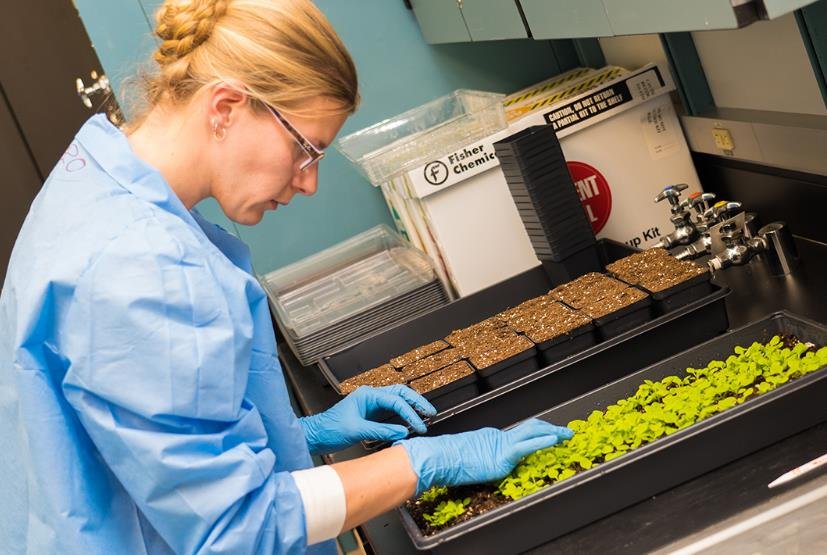A recent study has revealed a surprising link between cannabis use and the severity of COVID-19 infections. Conducted by researchers at Washington University School of Medicine in St. Louis, the study found that cannabis users are significantly more likely to require hospitalization and intensive care when infected with COVID-19 compared to non-users. This discovery challenges the perception of cannabis as a relatively safe substance and underscores the need for further research into its health impacts, especially during viral infections.
The study analyzed the health records of over 72,000 individuals who were treated for COVID-19 at a major Midwestern healthcare system during the first two years of the pandemic. Researchers discovered that those who reported using cannabis at least once in the year prior to contracting COVID-19 were nearly twice as likely to need hospitalization and intensive care as those who did not use cannabis. This elevated risk was found to be comparable to that of tobacco smokers, highlighting the potential dangers of cannabis use in the context of COVID-19.

Dr. Li-Shiun Chen, the senior author of the study, emphasized that the public perception of cannabis as a harmless or even beneficial substance is not supported by the findings. The study’s results indicate that cannabis use can exacerbate the severity of COVID-19, leading to more serious health outcomes. This revelation is particularly concerning given the increasing legalization and use of cannabis for both recreational and medical purposes.
The researchers noted that while cannabis use was associated with a higher risk of severe illness, it did not increase the likelihood of death from COVID-19. This distinction is important for understanding the specific health risks posed by cannabis use and underscores the need for targeted public health interventions to address these risks.
Implications for Public Health
The findings of this study have significant implications for public health policy and education. As cannabis becomes more widely accepted and used, it is crucial to communicate the potential health risks associated with its use, particularly in the context of infectious diseases like COVID-19. Public health campaigns should aim to dispel myths about the safety of cannabis and provide accurate information about its potential harms.
Healthcare providers also play a critical role in addressing the risks associated with cannabis use. By discussing the potential dangers with patients, especially those who use cannabis regularly, healthcare professionals can help mitigate the risks and encourage safer behaviors. This is particularly important for individuals with underlying health conditions that may increase their vulnerability to severe COVID-19 outcomes.
In addition to education and awareness efforts, policymakers may need to consider regulatory measures to address the risks associated with cannabis use. This could include restrictions on advertising and marketing, as well as requirements for warning labels on cannabis products. Such measures could help reduce the appeal of cannabis and discourage its use, particularly among young people and other vulnerable populations.
Future Research Directions
The study’s findings highlight the need for further research into the health effects of cannabis use, particularly in the context of viral infections like COVID-19. While the current study provides valuable insights, there are still many unanswered questions about the mechanisms underlying the increased risk of severe illness among cannabis users. Understanding these mechanisms could inform the development of targeted interventions to reduce the health risks associated with cannabis use.
Future research should also explore the long-term health impacts of cannabis use, including its effects on respiratory and immune function. Given the growing prevalence of cannabis use, it is essential to build a comprehensive understanding of its health implications. This knowledge can guide public health strategies and inform policy decisions to protect public health.
Moreover, research should examine the potential interactions between cannabis use and other risk factors for severe COVID-19 outcomes, such as smoking, obesity, and chronic health conditions. By identifying and addressing these interactions, healthcare providers and policymakers can develop more effective strategies to reduce the overall burden of COVID-19 and other infectious diseases.
In conclusion, the surprising link between cannabis use and the severity of COVID-19 infections underscores the need for increased awareness and research into the health impacts of cannabis. As the use of cannabis continues to rise, it is crucial to address the potential risks and ensure that individuals are informed about the potential dangers. Through targeted public health interventions and ongoing research, we can better understand and mitigate the health risks associated with cannabis use.
David Johnson is a respected writer known for his expertise in crafting compelling articles about cannabis. With a passion for exploring the intersection of cannabis, health, and wellness, he sheds light on the therapeutic properties and potential uses of this versatile plant. David’s in-depth analysis and thought-provoking commentary offer readers a deeper understanding of the evolving landscape of cannabis legislation, consumption methods, and industry trends.








